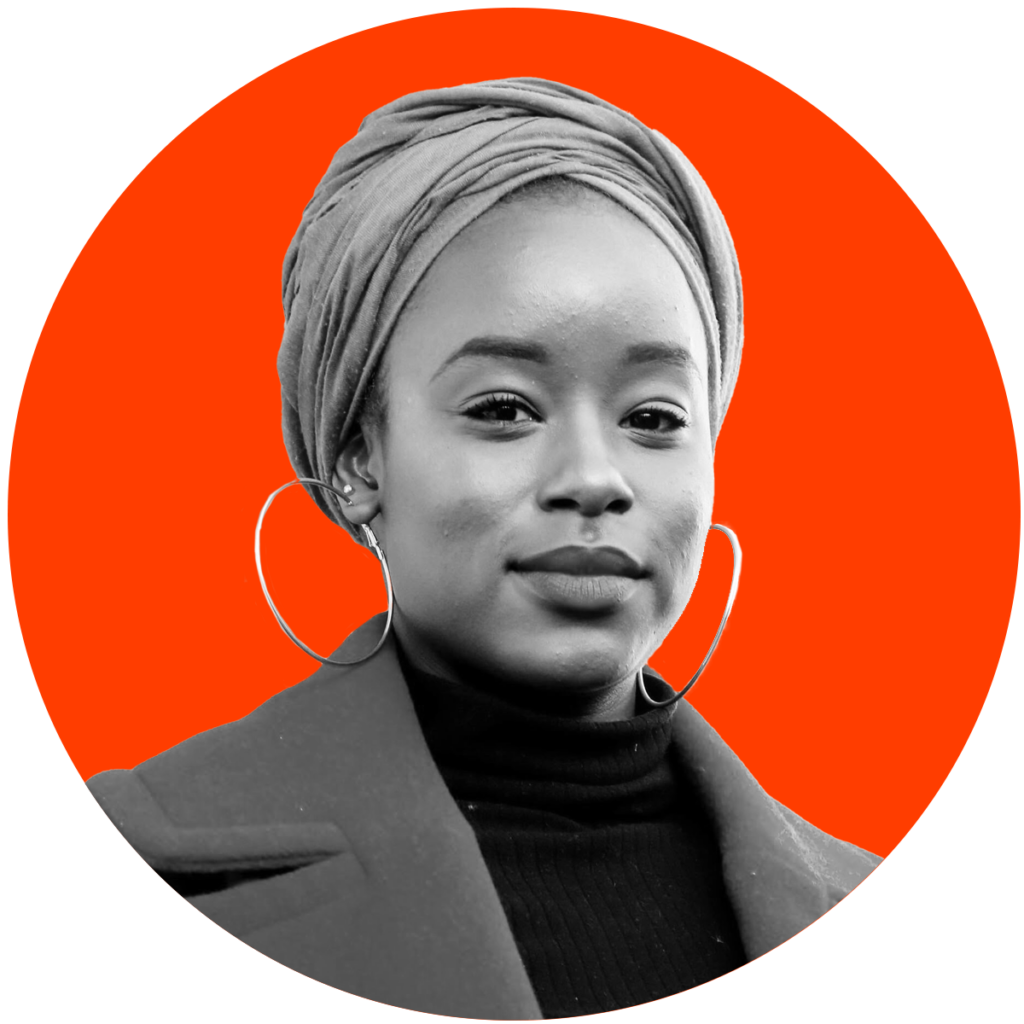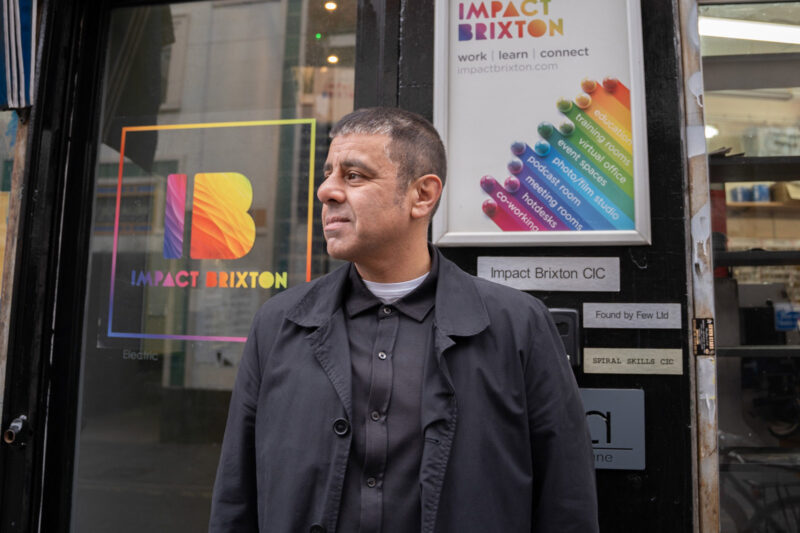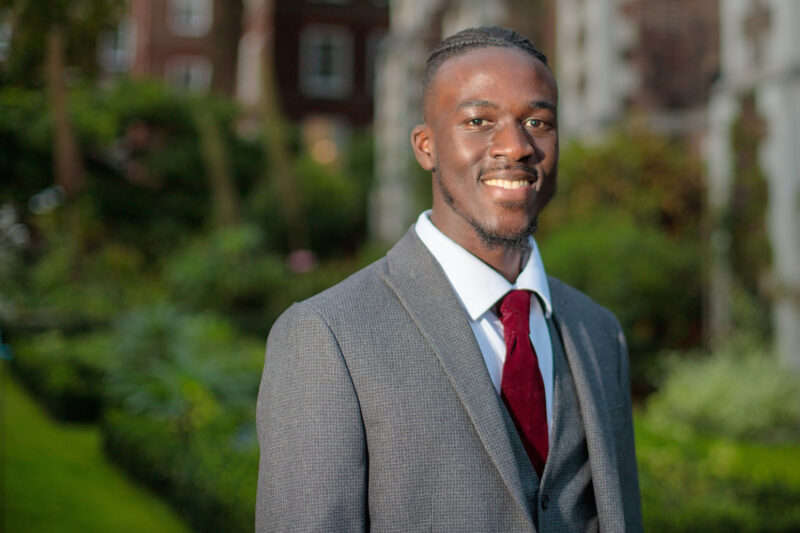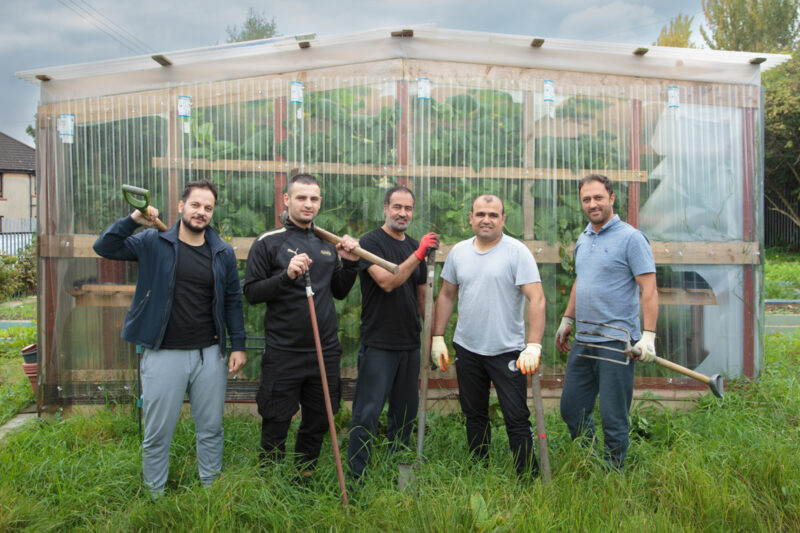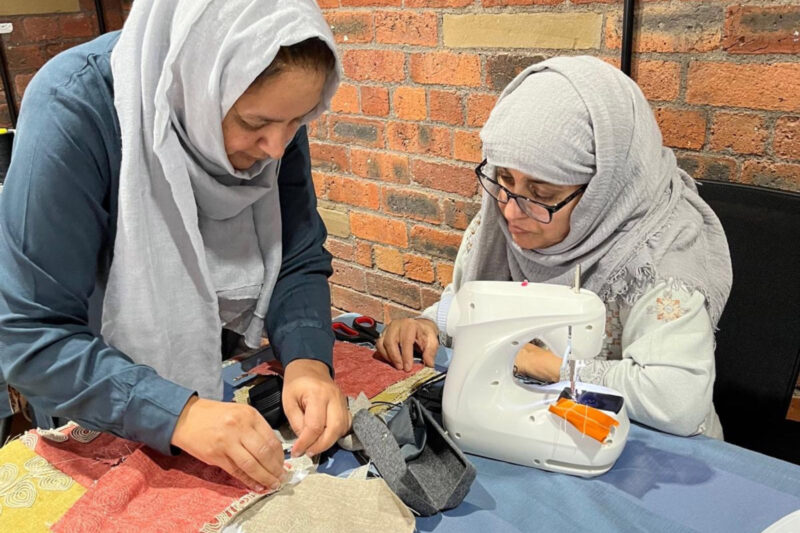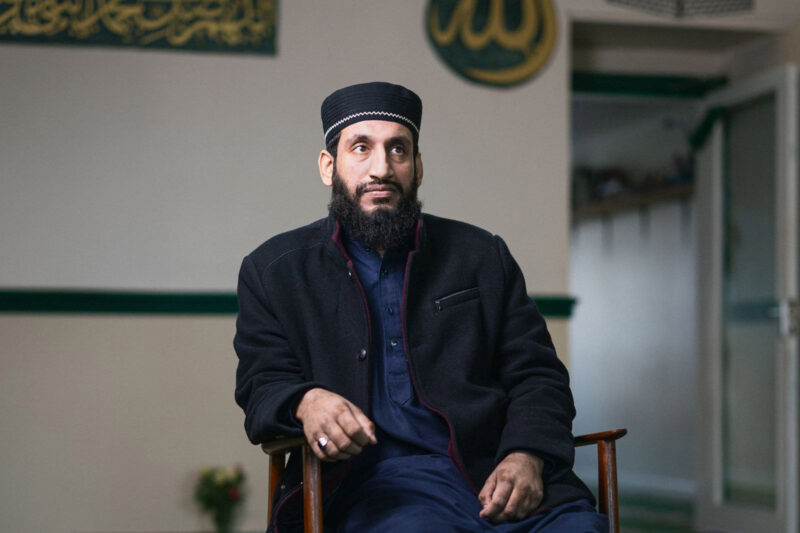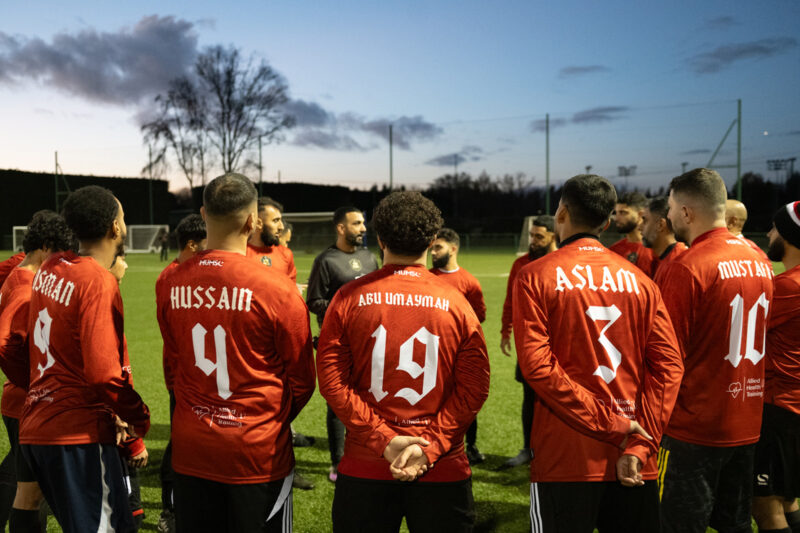‘It’s not about me’: meet the Muslim community heroes celebrated by the king
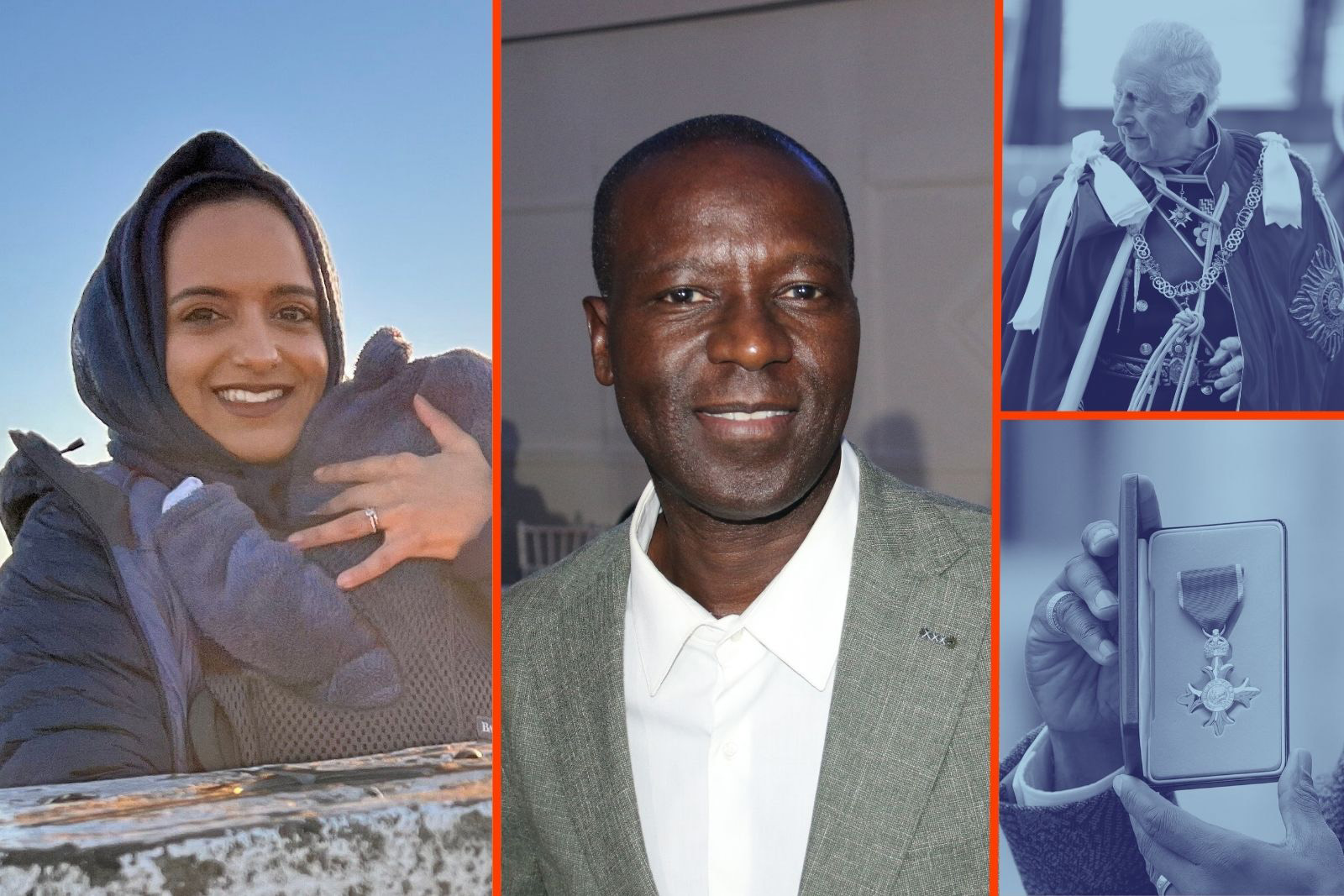
Zahrah Mahmood and Njok Malik Jeng, experts in mountains and masquerades respectively, are among recipients of the king’s birthday honours
A hiker who “accidentally” became famous for breaking barriers in the outdoors and an arts organiser who helps kids connect with their west African heritage through music are among the Muslim community leaders recognised in this year’s king’s birthday honours list.
Glasgow-based Zahrah Mahmood, 34, known online as the Hillwalking Hijabi and the president of Ramblers Scotland, was made an MBE in recognition of her work in promoting diversity and accessibility in the world of hiking. Meanwhile, Njok Malik Jeng, founder of Yaram Arts in London, was awarded a British Empire Medal for his decades of work promoting SeneGambian and African music, arts and culture across the UK and Europe.
The honours celebrate individuals across the UK for outstanding public service and community contributions. This year, more than 1,000 people were rewarded for their achievements.
Mahmood’s journey into the outdoors began nearly a decade ago, during a difficult time in her life. As a birthday present, two of her friends took her on a walk up one of Scotland’s Munros — hills that reach 3,000 feet.
“I really struggled the whole way, but one thing I did notice was that it took me out of my mind,” she said. “I was just focusing on putting one foot in front of the other and getting to the top. So it was a metaphor that I took into my everyday life.”
She began sharing her walking experiences on social media and her platform quickly grew. “Honestly, the award means the world. It took a while to sink in,” she said. “The journey to get here has been almost accidental. I started my social media just to share my outdoors adventures and it snowballed in a positive way.”
While the recognition is still very much “surreal” for Mahmood, she’s also mindful of the complex history surrounding the honours system.
“While I’m honoured by the recognition, I think it would be remiss of me not to acknowledge the history of the empire, colonialism and all that comes with that, especially in the communities that I come from.”
But after deep reflection and conversations with family, she accepted the honour.
“It’s an amazing recognition, but one I don’t see for myself personally. I see it for everyone that I’m representing. I think it’s anyone’s prerogative whether they want to accept it or not. But I also think that if no one from these communities are going to accept it, then we won’t see change in the honours system either.”
Jeng said he was “overwhelmed” to receive the award. “We don’t have too many recipients from our kind of background,” he said. “So in our community, people really appreciate it.”
Through Yaram Arts, Jeng has helped bridge cultures through music, storytelling and performance.
“We hold an annual festival in [east London borough] Newham and it continues to grow every year,” he said. “It’s really good for community cohesion. We do work in schools, introducing some of these African traditions. It gives kids a broader perspective of life.”
One of the most rewarding memories for Jeng throughout his 25 years working with Yaram Arts is seeing young people of west African heritage find pride in their roots.
“There were a lot of kids who couldn’t identify with their culture,” he said. “But when they got involved with our performances and masquerades, they were boasting to their friends and their parents, asking us when the next festival is. It’s this sort of satisfaction that makes it all worth it.”
Looking ahead, he hopes the recognition will inspire others. “It’s not about me. It’s about other people that it might inspire. It’s no longer an empire, but it’s more about celebrating excellence.”
 Newsletter
Newsletter

